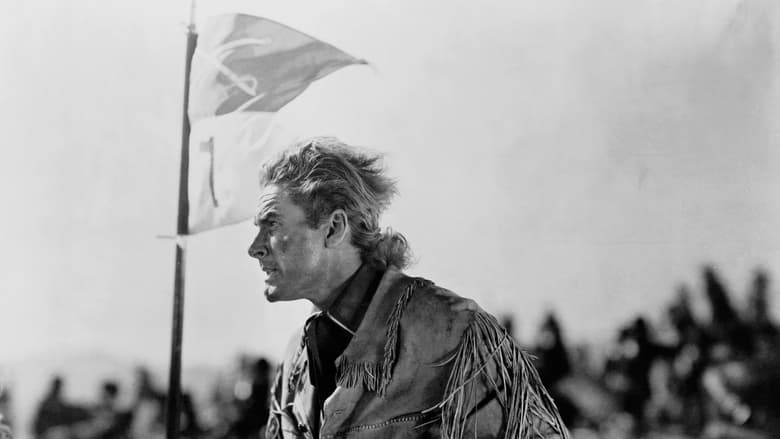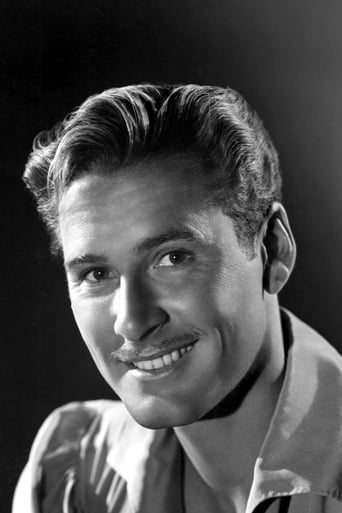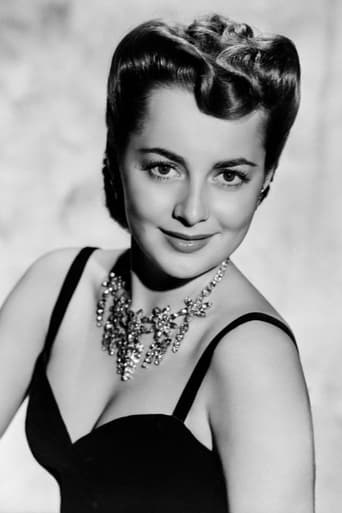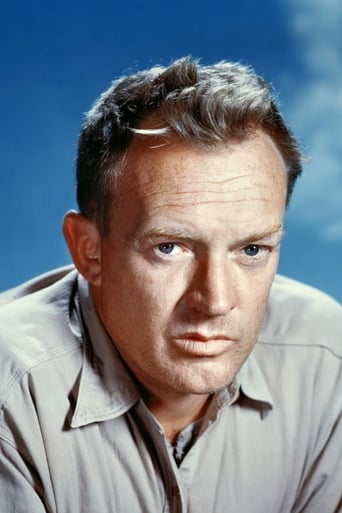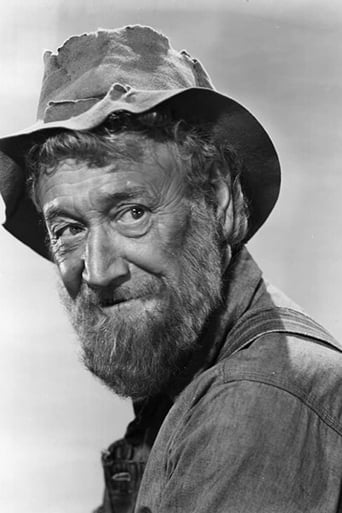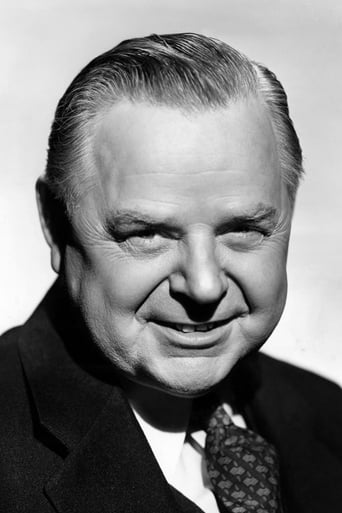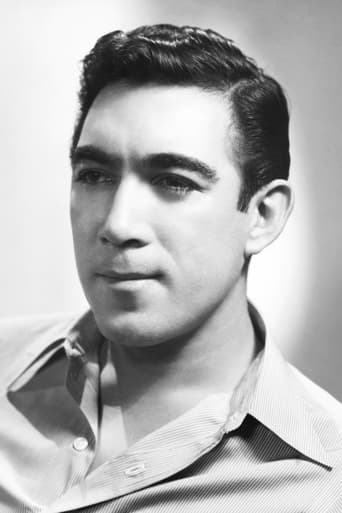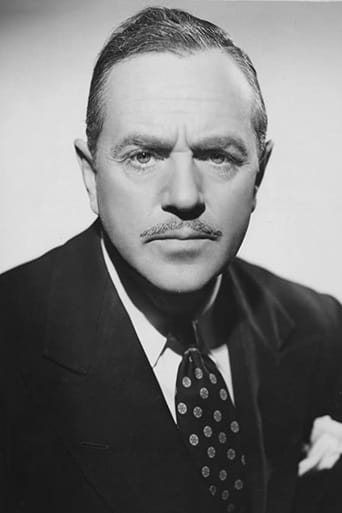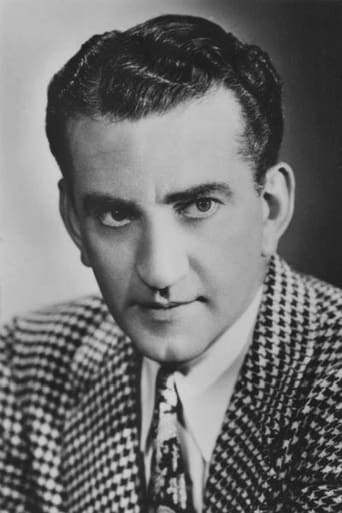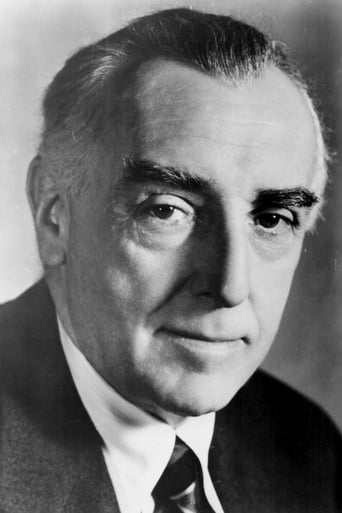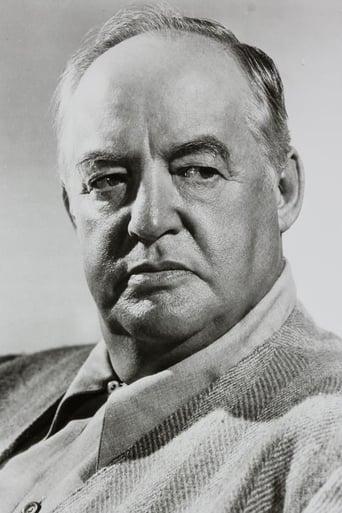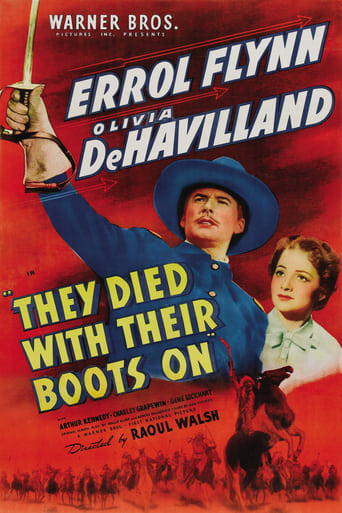
They Died with Their Boots On
November. 20,1941 NRThe story follows General George Armstrong Custer's adventures from his West Point days to his death. He defies orders during the Civil War, trains the 7th Cavalry, appeases Chief Crazy Horse and later engages in bloody battle with the Sioux nation.
Similar titles



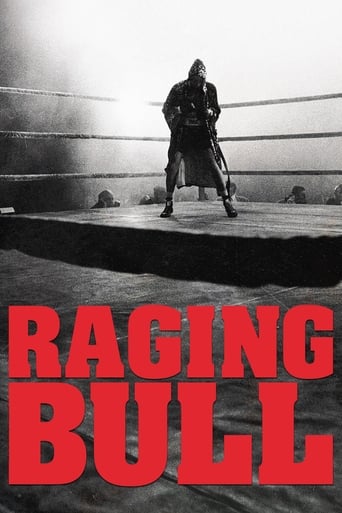
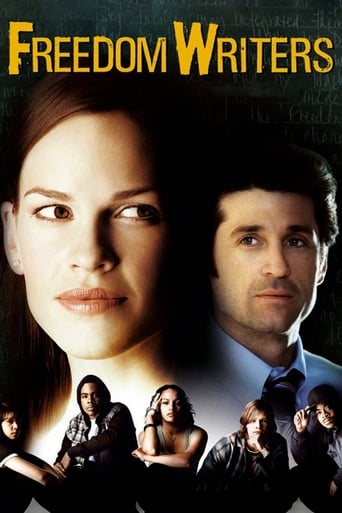

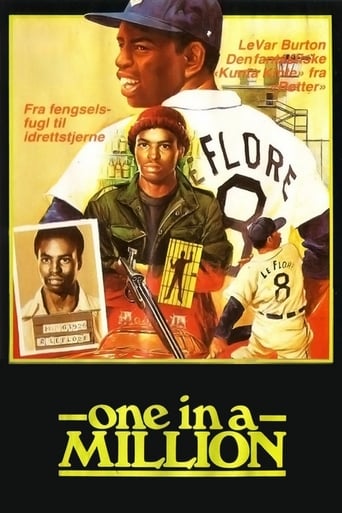
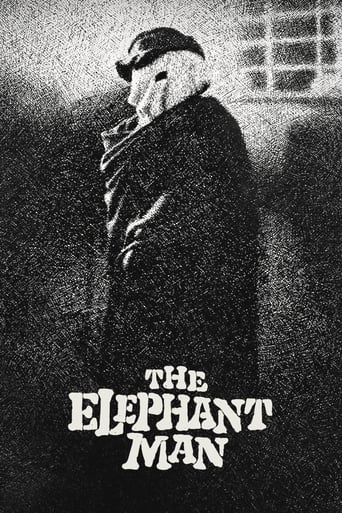
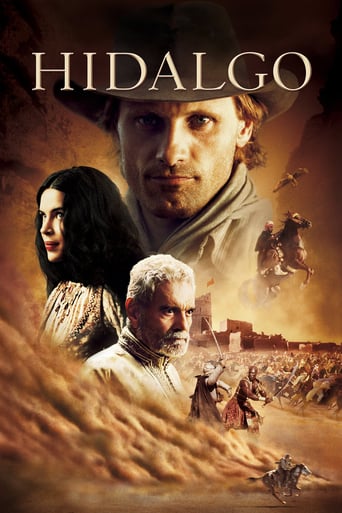
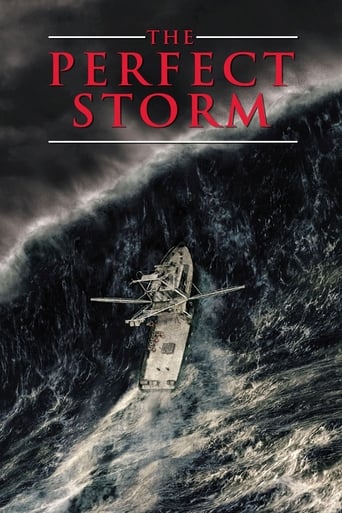
You May Also Like

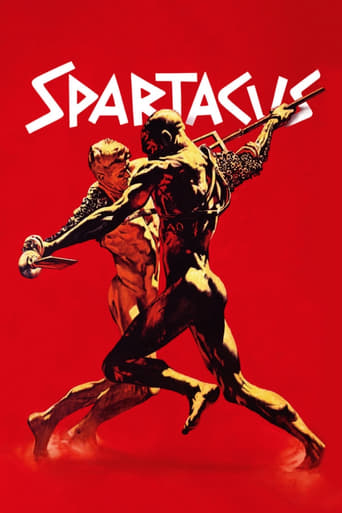
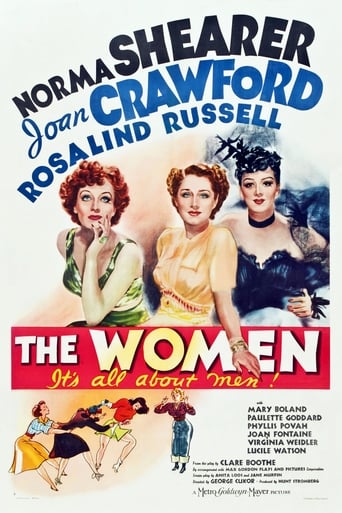
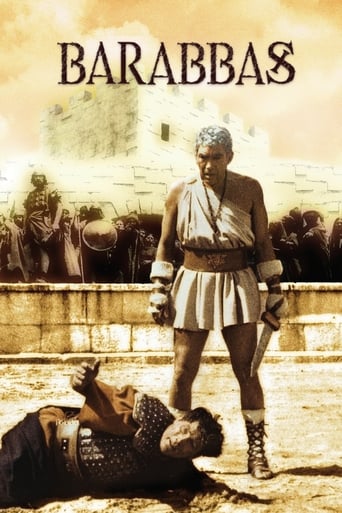
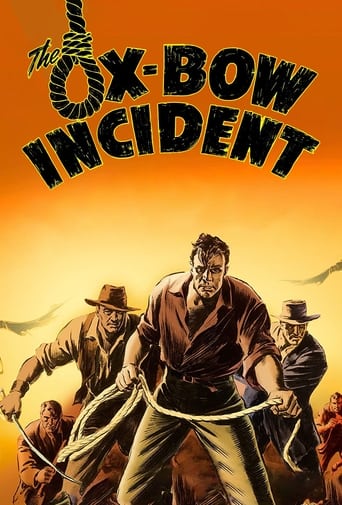
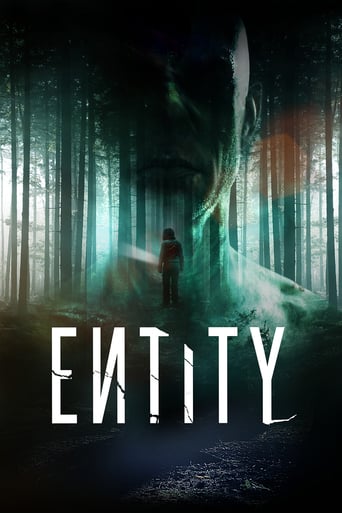
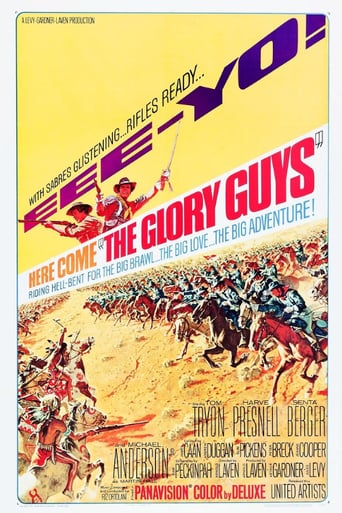
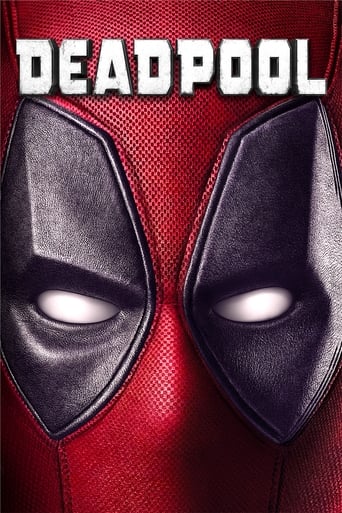
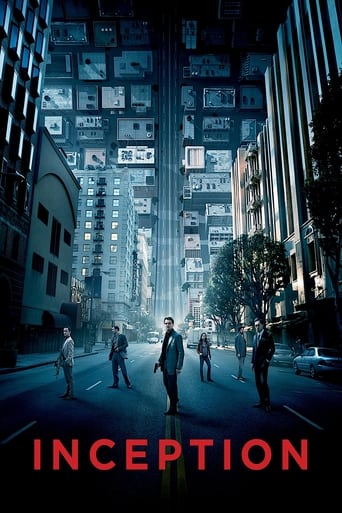

Reviews
Simply A Masterpiece
A different way of telling a story
It's the kind of movie you'll want to see a second time with someone who hasn't seen it yet, to remember what it was like to watch it for the first time.
Each character in this movie — down to the smallest one — is an individual rather than a type, prone to spontaneous changes of mood and sometimes amusing outbursts of pettiness or ill humor.
The theme of this movie is that glory is of greater value than money. And George Custer is all about glory. Right at the beginning of the movie, when he arrives at West Point, he announces that he wants to be a cavalryman in the army for the sake of glory, to leave behind a name the nation will honor, noting that there are more statues of soldiers than there are of civilians. We shrink from positing glory as a motive today (we prefer to say that soldiers fight for our rights and freedoms), but for any story set prior to the twentieth century, glory seems to be acceptable.Custer makes this statement about glory to Ned Sharp, who will prove to be his nemesis. But at this stage of the movie, he appears to be just a prankster, playing a trick on Custer on account of the fancy uniform and entourage of dogs and a servant he brought with him, a trick Custer seems at this point to deserve. Eventually, Sharp will come to represent the evils of capitalism, which values money above all else. But this side of him must wait until after the Civil War.Speaking of which, the Civil War breaks out while Custer is still a cadet. He is given his commission early and sent to Washington. And then he is made a general through a clerical error. Most Hollywood movies take liberties with history, and this one is no exception, there being so many it would be tedious to list them all. But this one deserves special comment. The reality is that he was made a general because there was a shortage of generals needed to command the ever increasing number of brigades, and Custer seemed to be suitable. By making his promotion to general be just a lucky break instead, the movie is telling us that luck is the only difference between us and a man like Custer. That way we will like him better.Because the Confederacy lost and was eventually reunited with the North, we like to think of southerners as basically good Americans. To this end, the movie never lets us see a single Confederate soldier being killed, and only one wounded Yankee is seen after a battle. We see Custer leading a charge, and we expect to see what we usually do in such cases: men slashing and shooting the enemy soldiers as they break through the ranks of the opposing infantry. But the camera stops filming just as they approach the Confederate soldiers. Then another charge is led, and we think that this time we will get to see some bloodshed; but once again we are denied such a scene. And then a third charge is led, and we think, "All right, the first two charges were just a tease, but now we are going to see a complete battle." Nope. But that's all right. Later in the movie, when war breaks out with the Indians, we get to see lots of slaughter to make up for the bloodless presentation of the Civil War.Just as Sharp kept turning up wherever Custer was during war, as a thorn in Custer's side, so too does Sharp seem to show up everywhere Custer is after the war, except after the war it is always about money. Sharp and his father approach Custer about having him lend his name to a corporation, so that they can all cash in on his renown, but Custer is insulted by the suggestion. Later, when Custer is assigned to the Territory of Dakota, he arrives to find Sharp selling guns to the Indians and liquor to the troops, who spend all day in the bar.Custer closes down the bar and runs off the Indians. Then he decides to get the regiment in shape, to make them a fighting unit. To this end, he has them learn the song "Gary Owen." I guess songs go more with glory than with money, which is why Sharp doesn't have a song to go with his money-making schemes. In addition to the song, Custer tells his men that their regiment will be immortal, even should they die in battle. And later, he tells Sharp that unlike money, which you cannot take with you when you die, glory stays with you forever.The Sioux Indians sign a peace treaty, giving them the Black Hills. But when Sharp and his associates want to get their hands on the land for development purposes, they start a rumor that there is gold in them thar hills, hoping to cause a gold rush that will overwhelm the Indians with settlers, who will then be supported by the government. Actually, it was Custer who started the gold rush by announcing that he had found gold in the Black Hills, but that would not be in keeping with the movie's narrative arc, which is that Custer wants glory and Sharp wants money, and so the story about gold is attributed in the movie to Sharp instead.Custer kidnaps Sharp and brings him along to the Little Bighorn. Custer figures they will all be killed in the coming fight, and by bringing Sharp along, he will bring about the demise of the one person in the movie in whom all the evil seems to be concentrated. Instead of running away, however, Sharp redeems himself in the battle, and dies telling Custer he was right about glory after all. And apparently he was too, because in the last scene of the movie, we see the images of Custer and his regiment riding to the tune of "Gary Owen," thereby reassuring us that the regiment and its glory are immortal, whereas we do not get to see any final images of Ned Sharp engaged in his various profiteering schemes, stuffing money into his pockets as he puffs on a big cigar.
Recently I saw Errol Flynn's classic They Died with Their Boots On, a highly fictionalized (and romanticized) account of Custer's Last Stand. How inaccurate was it? I'm not entirely sure, but I don't think all of the soldiers died with their boots on.The story follows George Armstrong Custer (Flynn, but of course) from his arrival at West Point to his inevitable fall at Little Big Horn. Custer's portrayed as an excellent horseman and swordsman but also the very worst cadet to come out of West Point, a man who somehow fails upward in his Army career. He has his very own archenemy in the person of Ned Sharp (Arthur Kennedy), who tries to stymie Custer at every turn. The brass doesn't like him, but when war breaks out, off to Washington he goes.Funny thing about that war – aka The War Between the States, or the War against Yankee Aggression – there's an interesting scene at West Point where the announcement of war has been made to the cadets and officers. Then those present who oppose the Union are actually given the choice to withdraw. Now, I don't profess to be an expert in the war, but if those officers and soldiers are specifically saying they're willing to take up arms against the government, why wouldn't they be arrested on the spot? The Army sure was lenient back then.Custer blusters (ha!) his way into a meeting and friendship with General Winfield Scott (Sydney Greenstreet), who gets the young lieutenant his own regiment. Custer then distinguishes himself in battle by essentially charging into a fray rather than retreating. This somehow works, thus making everyone feel better about promoting him.Now, this being a big-budget movie, there is of course a love interest for Custer, in the person of Elizabeth Bacon, played by Olivia de Havilland. Elizabeth is in the movie essentially to help move the plot along (Custer stands her up when he has to rush off to Washington as ordered, but rest easy, they reconcile quickly). Her father (Gene Lockhart) serves as a snooty foil, at least until Custer makes general. But hey, Flynn and de Havilland have their trademark terrific chemistry, and this was their final film together, so that works.The battle scenes are well staged and exciting to watch, even as we know their outcome. Despite all of the goofs – factual and otherwise – that plague this film, it's still an enjoyable Flynn vehicle, and he's very good in it.
I don't know that much about the historical Custer and I know there are quite a few different versions of what may have happened at Little Big Horn. However, I take virtually any movie bio or story retelling a historical event with a large grain of salt. Take "Boots" for what it is, an action packed story of George Custer leading the cavalry in the Civil War and in the Indian Wars in the Black Hills. WB did a good job with these types of flicks, this was their heyday. Loaded with plenty of great chase scenes shot on location. Errol Flynn is as good in this as he is in any of his WB action movies of the 30's & 40's. This is also the final of 8 pairings with him and Olivia de Havilland. She was now a huge star after "GWTW" and no doubt tired of playing Flynn's love interest in these films. She was virtually the same character in every one, who would play slightly hard to get all the while being head of heels in love with Flynn, who juggled romance while fighting whomever his foe may be. Still, they have a very poignant final scene, when Custer says farewell to his wife Libby (De Havilland) before heading out to lead the 7th Cavalry to Little Big Horn. They both know without saying that he's not returning. If you can get through some of the silly early scenes when Custer behaves as a boob at West Point, it's a top notch movie and surprisingly sympathetic in its portrayal of the Indians, with Anthony Quinn as Crazy Horse.
There are certain similarities between "They Died with Their Boots On" and "Jesse James", another Western from two years earlier. Both films are loosely based on the life of a legendary hero of the Old West, in this case General Custer. (At least, the films treat their subjects as heroes; whether either man really deserves the name of hero is another matter). Both feature a famously handsome and dashing star in the leading role. Both are notorious for their historical inaccuracy and gloss over many aspects of their subjects' lives, especially their character flaws. And in both films the main villains are the representatives of a corrupt railroad company; during the era of the "New Deal" Hollywood seems to have been more critical of Big Business than it was to become after the war. So what does this film get right? Well, Custer did attend the West Point Military Academy where he achieved an undesirable reputation for pranks, unruliness and low academic standards. He did indeed marry a girl named Elizabeth "Libby" Bacon. He did indeed serve with distinction in the American Civil War and was promoted to the rank of Brigadier General, although it is doubtful whether he really did win the Battle of Gettysburg single-handed as implied here. And, as every schoolboy knows, he died in 1876 fighting a coalition of Native American tribes at the battle of the Little Big Horn, an action which has gone down in history as "Custer's Last Stand". So what does this film get wrong? The answer is "virtually everything else". There is far too little space here for a comprehensive list of its goofs. Some of these are only minor details. Custer's father-in-law, for example, had the Christian name Daniel, not "Samuel" as shown here. Custer first met Libby during the Civil War, not during his West Point days. He was never decorated in the Civil War, and General Phillip Sheridan never served as Commandant of West Point. (In 1857 he would have been on active service in the Pacific North-West). Nor is there any evidence to suggest (as the film does) that Custer's promotion to General was due to a bureaucratic error. More seriously, the film's account of the causes of the Great Sioux War of 1876 is completely fictional. According to the film, the war started when a crooked railroad company, backed by corrupt politicians, started a false rumour of gold strikes in the Black Hills of South Dakota, sacred territory to the Sioux nation, hoping to make a huge profit in the ensuing gold rush. (In reality, reports that gold had been found in the Black Hills were entirely correct). This plot line was probably inserted to allow Custer to be portrayed as a hero without making the Indians the villains. Hollywood producers of the 1940 were not generally noted for political correctness, but even they probably realised that the Great Sioux War had not been the noblest episode in American history and that the Indians had indeed been the victims of white greed and aggression, if not quite in the manner depicted here. And yet, despite its many inaccuracies, "They Died with Their Boots On" is quite an enjoyable movie. Errol Flynn had a limited compass as an actor, but within that range he could be very good indeed, and few were better than he at portraying a dashing, swashbuckling hero. Custer- or at least the Custer portrayed in this film- was a role just made for him. During the early part of his career Flynn and Olivia de Havilland were one of the cinema's best-known on-screen couples. (Off-screen, despite Flynn's reputation as a Casanova, there was never any romance between them). This was the eighth film in which they appeared together, and was to be their last. Although the lovely Olivia as Libby makes an effective foil to Flynn's dashing hero, she had some to a stage in her career where, following her great performance in "Gone with the Wind", she had ambitions to be more than just a foil to her leading men. The portrait of Custer given in this film is highly idealised. He is portrayed throughout as "America's Golden Cavalier", courageous, honourable and dashing. His "last stand" is shown as a gallant, self- sacrificing rearguard action designed to buy vital time for the US Army, although in reality many historians have criticised his leadership at the Battle of the Little Big Horn, attributing the defeat of the US Cavalry to his strategic errors, his arrogance and impetuousness and his underestimating of his enemy. The film, however, was made shortly before the American entry into World War II, and its advocacy of bravery, military glory and heroic self-sacrifice were doubtless intended to prepare the country for the coming conflict. I doubt if many of those who saw the film in 1941 were history buffs intent on picking it apart for factual errors. What the audiences of those times wanted was a stirring tale of adventure, heroism and patriotism, and that was something which "They Died with Their Boots On" gave them in spades. Like "Jesse James" the film might not show its hero as he was in real life, but it certainly shows him as people preferred to remember him. 7/10
Top Streaming Movies











